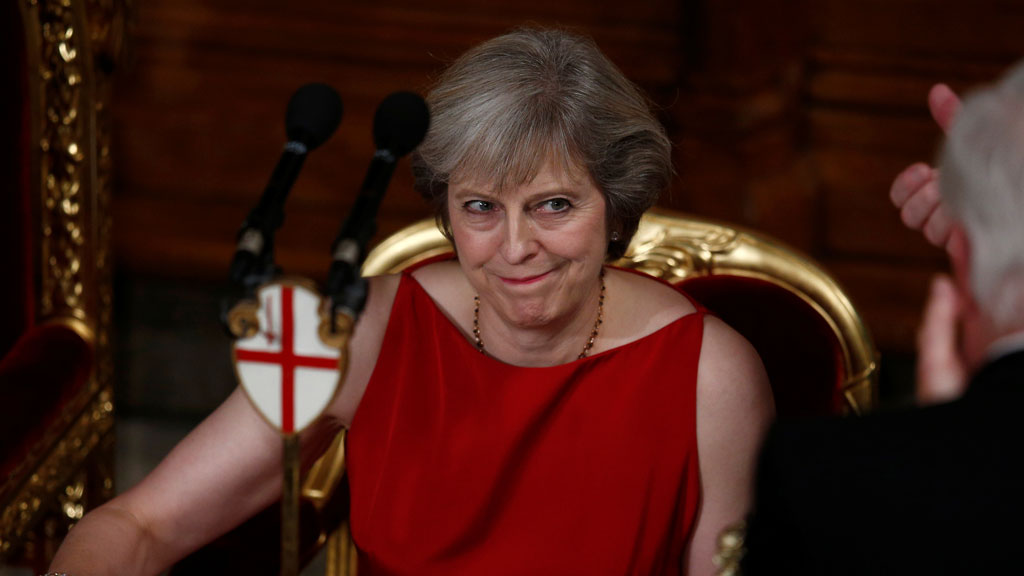May EU strategy: we may know little more for months
In his column this morning, Philip Collins writes of how the PM should openly acknowledge that full Brexit can’t be achieved ahead of the 2020 election and we will need a transitional arrangement (which he says should be the Norway arrangement).

Mrs May has had this spelt out to her face to face by at least one EU diplomat and sounded in an inscrutable reply like someone who was very familiar with the argument but was refusing to engage with the idea. Some Whitehall figures think she remains determined to have a final deal signed off ahead of the next general election or, some think, ready for sign-off by the British electorate in a “do you back the deal?” election a year or so earlier than planned.
Some EU figures don’t expect to see much more of Theresa May’s hand than is already known even when the Article 50 moment comes. That’s now widely expected to be late February or early March. Whenever it comes it will be the moment the European Council 27 begin work on a negotiating mandate to be presented to the European Commission negotiating team a couple of months or so later. But there’s an acceptance in some EU capitals that they may have very little to go on when trying to work out the UK opening negotiating position that they are up against.
There’s one thing they think they do know. From the moment Mrs May committed to taking back control of immigration, full membership of the Single Market was ruled out. The EU won’t allow a waiver on that central principle and Mrs May made it even more implausible when she ruled out the UK being subject to the jurisdiction of the European Court of Justice (ECJ) Britain in her party conference speech.
Even though ministers confirmed at the time of the party conference that full membership of the Single Market was now impossible, Mrs May is still telling colleagues in the Brexit committee that official government policy remains that full membership is not off the table. It carries the risk that when it is acknowledged that full membership isn’t going to happen it will be portrayed as a “failure,” so Mrs May might yet feel it politic to admit the logic of her position but she’s not there yet.
The kernel of the “plan,” such as it is, is to retain as many of the benefits of the Single Market for as many sectors of the UK economy as possible while regaining something that can be sold as “control” over immigration. That covers a multitude of possibilities, it might completely founder, but for now it is the government’s direction of travel on Brexit and we might discover precious little more on detail for some months.
Follow @GaryGibbonBlog on Twitter



